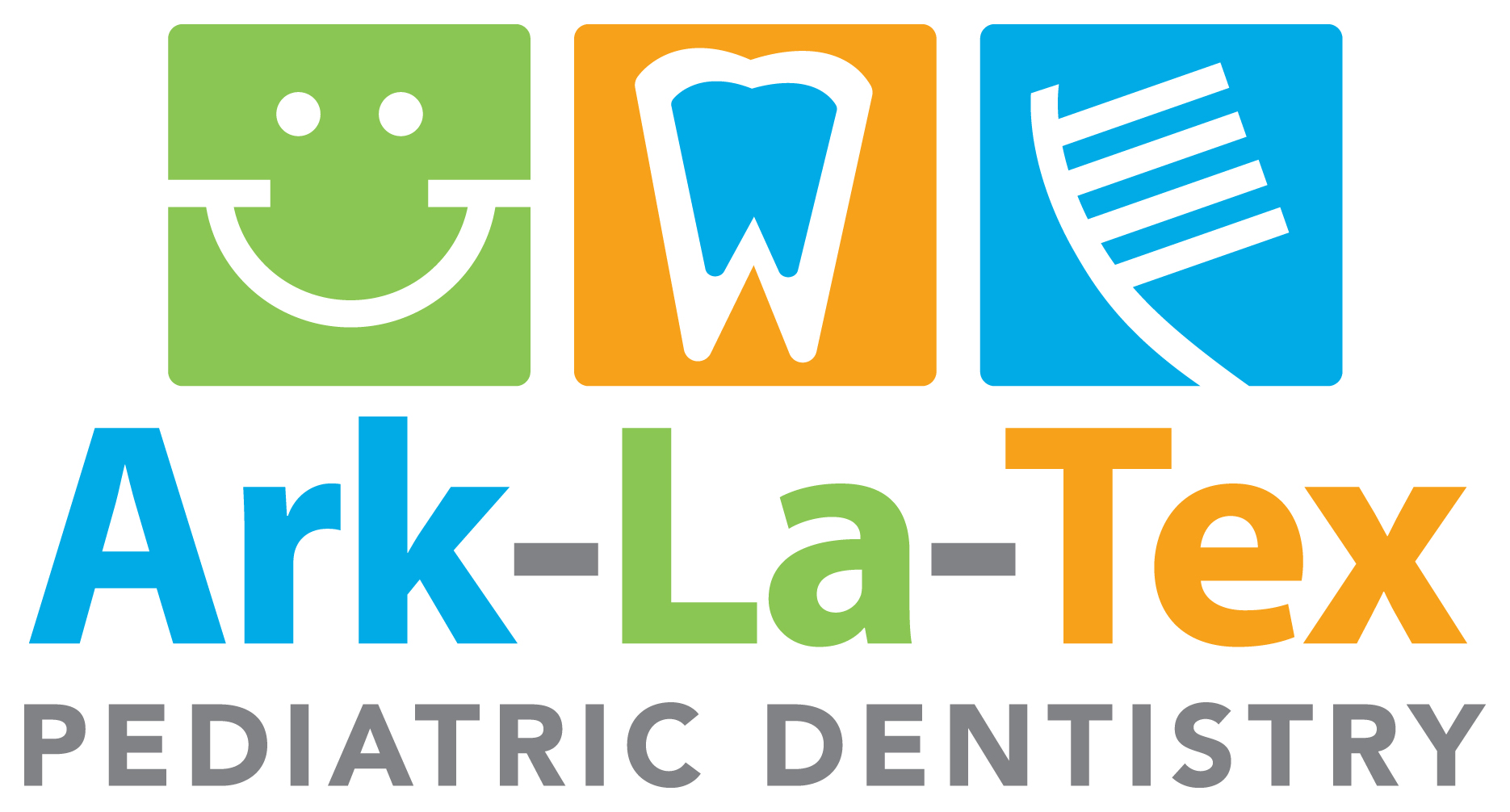Your main concern from the moment you found out you were having a baby has been making sure their health and development stays on track. From well-baby checkups to nutrition counseling and researching the best educational opportunities, you have done your best to make sure your child receives everything they need to thrive — or so you thought.
What many parents don’t realize is that good oral health is key to your child’s health, well-being, and development. Avoiding decay that leads to premature tooth loss is important to your child’s ability to flourish. Tooth decay, pain, and loss can result in conditions and situations that can set your child’s health and overall well-being behind.
Dental decay is one of the most common childhood diseases. According to the Centers for Disease Control and Prevention (CDC), 42% of children ages 2 to 11 have had cavities in baby teeth, and 21% of those ages 6 to 11 have had cavities in permanent teeth. Though tooth decay is detrimental to your children’s teeth, it also plays a strong role in the following conditions:
- Poor Diet. Tooth pain caused by decay can make the important act of chewing food painful and difficult for little ones. Some children may stop eating or have a limited and unbalanced diet as a result of tooth discomfort.
- Sleep Loss. Adequate sleep is essential to your child’s health and development. Mouth pain can lead to extreme sleep disturbances.
- Delayed Speech Development. Speech development can be hindered when a child loses too many teeth at once due to cavities that result in extraction. Delayed development can result in the need for speech services down the road.
- Low Self-Esteem. The embarrassment of decaying or misaligned teeth can cause a child to feel insecure, especially if they are teased. It’s not uncommon for children with unhealthy teeth to hide their smile and experience feelings of low self-esteem.
Your Child’s Dental Development
What to Expect
It is important for parents to know what to expect when it comes to their children’s dental development, if they want to help their children maintain the health of their teeth in the best way possible. As your child goes through various ages and stages, so will their oral health. Below is a quick guide to what you can expect and tips on how best to help keep your little one in the best oral health possible.
Birth to 1 Year
You should be caring for your baby’s teeth before they even appear. Infant toothbrushes come in a variety of sizes and shapes. Most are made out of a soft BPA-, lead-, and phthalate-free silicone and have tiny bristles parents can use to gently brush gums after each feeding. Once your baby is old enough to sit and hold objects, they can massage their own gums with brushes that are similar but resemble teething rings.
Your child should have his or her first dental exam by the time they are 1 year old.
When Baby’s First Tooth Appears
As soon as baby’s first tooth appears, you should begin brushing with the infant toothbrush and water twice a day. Your pediatrician will inspect your child’s teeth at each wellness exam and will refer you to a dentist should any concerns arise. You should consult with your pediatrician about fluoride.
2 Years
At the age of 2, your child is ready to start learning how to brush their own teeth two times a day. Soft-bristled, child-size toothbrushes are available and make reaching difficult spots easier for uncoordinated little hands. At this age, your child can use a pea-size amount of toothpaste with fluoride. Allow them to brush their own teeth for a couple of minutes, then finish by taking the brush and making sure every tooth has been gently scrubbed. Once you’re finished, have your child spit the remaining toothpaste into the sink. By the time your child is 2 and a half, they should have all of their baby teeth.
Tips for avoiding toddler tooth decay:
- Avoid sugary snacks and drinks.
- If your child needs milk or formula at bedtime, make sure to rinse out their mouth prior to laying them down.
- If your child requires a bottle at bedtime, fill it with water.
6 Years and Beyond
Your child will start losing their primary teeth around 6 years. They will continue to lose primary teeth and gain most of their permanent teeth until around the age of 13, when they should have 28 permanent teeth. If there is enough room, their final teeth — the wisdom teeth — will erupt around the age of 17. If your child’s dentist believes room is limited, he or she may recommend that the wisdom teeth be removed.
Your child’s whole health and overall development are tied to their dental health. Keeping their teeth strong and free of decay allows them to grow, learn, and play uninterrupted and without distraction. Scheduling your children’s dental visits just as you do their well-baby visits — and making sure they brush twice a day and floss and rinse daily — will go a long way toward protecting and maintaining their tiny pearly whites. When problems, concerns, or questions do arise, we are here to help you.


You must be logged in to post a comment.